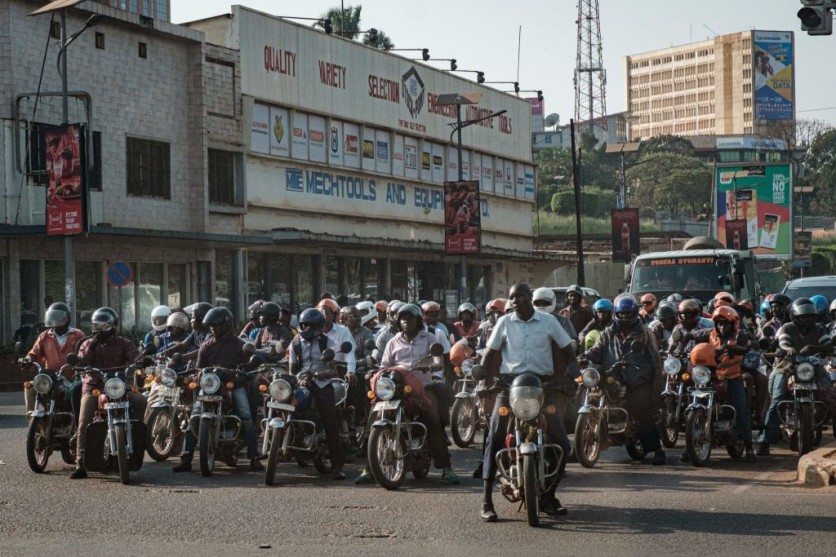Africa, specifically in Uganda, is on a mission to replace Internal Combustion Engine (ICE) motorycles and vehicles, according to Electrek. President Yoweri Kaguta Museveni announced that the government will provide electric motorcycles as a trade-in for Ugandans currently riding ICE-powered motorcycles during his year-end national address.

The Ugandan government doesn't need to fund the program, but the government has come to an agreement with investors to take away petrol ones and replace them with electric motorcycles. Doing so will save operators 50 percent of the cost.
In turn, the investors will be granted licenses to operate charging and battery swap stations, which would be used to recoup their investment.
The Electric Motorcycles
The electric motorcycles will be produced domestically. They are used as motorcycle taxis, which is common in Uganda.
This announcement is the single biggest program designed to replace all ICE-powered motorcycles in Africa.
Aside from the environmental benefits, these motorcycles will support the independent motorcycle taxi operators with lower operating costs. This is because the bikes are 50 percent cheaper to operate because of the lack of fuel. In addition, charging the motorbike takes only a small fraction.
Electric motorcycles also don't have a lot of serviceable parts, in which the operator will get a lot more money.
It is important to note that since the motorcycles are designed for urban operation, they don't have long ranges. In fact, a single charge can provide around 70km of range.
Electric motorcycles in Uganda will rely on a network of charging and battery swap stations in the country.
Also Read: How E-Bikes Help Park Rangers Prevent Poaching-More Efficient Than Petrol-Based Bikes?
Africa and The Future Of Transportation
Africa is not just the next big market for electric vehicles. It is also the next big market in the world. Africa's population is growing, and so is the cities. But, there is still a shortage of vehicles and roads.
In fact, the roads that do exist are poorly maintained. This leads to traffic jams and rising pollution, as a result of ICE vehices. So, governments are looking to electric vehicles.
There is an excess of charging stations for electric vehicles in the US, but the same cannot be said for several African countries.
This is where the investor comes into play, as he will provide charging and battery swap stations at a low cost. In return, the government will grant a license to the investor that will allow him to make a profit by charging people to charge their vehicles.
How fast this happens depends on the government and how quickly they choose to adapt to this change.
This is a big step for the adoption of electric vehicles in Africa, as it provides a viable alternative to ICE-powered vehicles. In addition, this is the first program of its kind on the continent.
If successful, this program may not be the only one to follow. The continent will be able to see the benefits of electric vehicles first hand, which will convince other governments to follow suit. This large shift in electric vehicles will have a positive effect on the environment and on the economy.
Related Article: Daymak Built an Electric Motorbike That is Also a Snowbike!

ⓒ 2026 TECHTIMES.com All rights reserved. Do not reproduce without permission.




